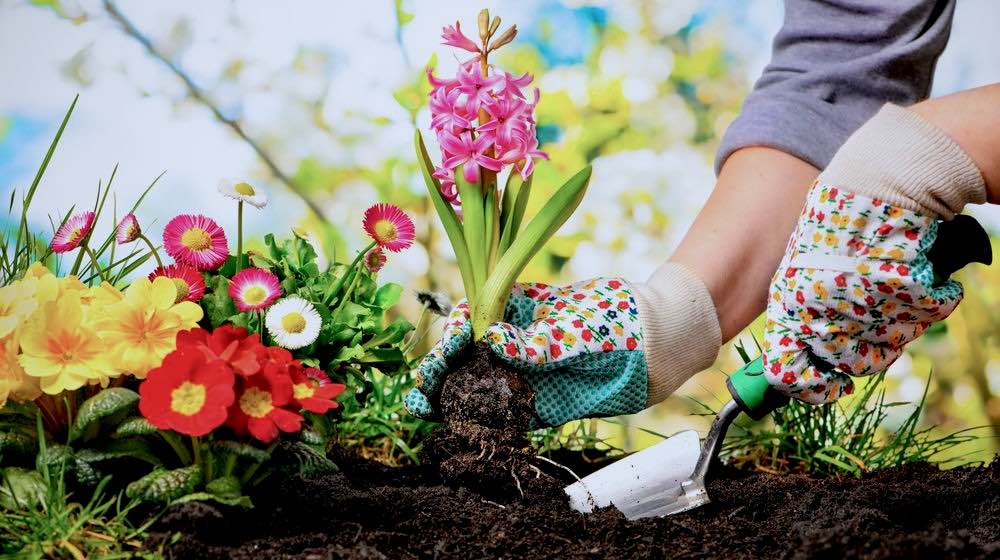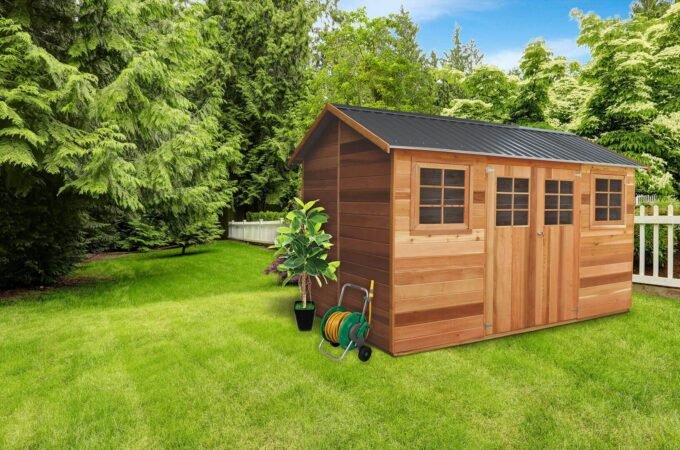
Tips and Tricks to Achieve Pro Gardening Skills
With rapid industrialization running rampant across the globe, the world is losing a huge chunk of natural beauty. It can be very frustrating at times, and the best respite to this is losing yourself to nature.
But nature seldom is available to everyone easily. When you see how pure and colorful plants can be, it brings life back into you.
People feel like having a garden at home is easily the best idea to innovatively make your home your sacred space. However, planting an entire garden is never easy, neither is it all about throwing seeds into a pot with some water and calling quits, hoping that your plant will magically grow.
Maintaining a home garden needs thorough research and daily commitment to ensure your plant can thrive and liven up your space.
People don’t always have the time to grow plants and remember all the commitments they have to fulfill. A garden planner app is a simple solution to this seemingly complicated process.

How Gardening can benefit you
Apart from renovating your home to a beautiful space, the process comes with some great benefits that will impact your day-to-day lifestyle.
1. Vitamin D: Gardening requires a decent amount of exposure to the sunlight, which is a rich source of vitamin D. By spending as little as ten to twenty minutes in the sun, you get a high amount of vitamin D, which is good for immunity and hormones.
2. Mood Booster: Gardening fights stress and low moods better than most other hobbies, according to research. Gardening gives people a healthy way to engage their minds and do something meaningful. Taking care of a living thing can also help some people put things in perspective as well.
3. Exercise: Gardening presents opportunities for individuals to get their everyday fill of aerobic exercise. Being thoroughly engaged with the process also makes it hard to concentrate on the fact that you’re sweating and panting by the time the activity is complete.

What do plants really even need?
If you ever thought that plants were low maintenance and self-satisfying beings, think again. Plants are like having a pet or like people. Each one is unique and has a personality, and needs what it needs to grow. Gardening is very, but meeting your baby plant’s requirements can take research and experimenting to know what works best, apart from packet instructions.
Plants need mostly the same main things, with some external fertilizers and insecticides. The only question is lies with the quantity you use.
1. Sunlight – Plants need the sun to make up their energy and nourishment through the process of photosynthesis. This energy is what keeps the tissues alive, the water flowing, and the plant growing. But just because they need it to develop, all plants don’t like being placed directly under the sun all day. Figure out which plants flourish in the sunlight and how much of it and check if it matches the garden plot in your house.
2. Water– Every living being survives on water. Water keeps plants from wilting; they transport the nutrients and energy to all parts of the plants and keep them cool. Some plants store higher water content than others, needing less water than some. Overwatering the plant leads to rot, and under-watering leads to dried up plants. Either way, you have to water them exactly as per their needs, how many ever times they need it. Garden planner apps let you control and manage the water supply to different plants.
3. Soil and Nutrients – You may have heard the saying, you are what you eat. The same applies to plants. To stay healthy and nourished, they need lots of minerals.

If you’re getting soil specifically for different types of plants, you won’t have to add external nutrients to the soil. But if your soil isn’t naturally part of a crop rotation or doesn’t have the nutrients your plant needs, you will have to add the correct amount as per your research.
Even the soil you use has to be specific to the plant because different plants need different texture and types of soil to thrive. You need to get your soil tested for acidity or alkalinity, for moisture retaining content, type of nutrients and minerals in, etc. before you plant your seed.
With a garden planner app, you will know lots of information about your plants, the best ways to grow them, the latest innovations in the gardening field, constant reminders to water or nourish your plants, and more specific features. This makes it impossible for you to forget any plant-related responsibilities you have and can help your garden like a professional!




